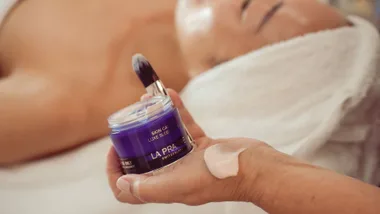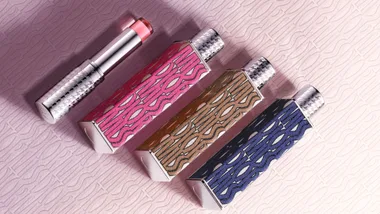If one of your goals for 2021 is to stress less, it’s a good one.
Between coping with a new list of anxieties brought on by COVID-19 and the comedown of the holiday season, seeking new methods to help you ease tension and take time for yourself can only be a good thing.
But if you really needed another reason to nix stress and make self-care a priority this year, do it for your skin.
Not only does cortisol AKA the ‘stress hormone’ impact critical functions in the human body (such as metabolism, inflammation and immune function), it can also wreak havoc with your complexion.
We spoke to Dr Annika Smith, Consulting Dermatologist for Elizabeth Arden, to uncover the signs of stressed skin and what you can do about it.
How stressed do you have to be before it starts to affect the skin?
If you’re thinking you must have to be ‘mega-stressed’ before it shows on your face, unfortunately, this isn’t the case.
“There is no predetermined threshold for the amount of stress needed to affect the skin,” says Dr Smith. “Anything your body perceives as a physiologic stress can produce a cortisol response in the body, influenced by individual susceptibility, genetic and environmental factors.”
To add insult to injury, research demonstrates that skin is also an immediate stress perceiver and target of the “fight or flight” response.
Lifestyle factors that can contribute to stressed skin
It’s not just a rise in cortisol that will contribute to stressed skin either. There are multiple lifestyle factors that “generate free radical production that exceeds the capacity of the antioxidant defence system in the skin,” similarly accelerating the signs of stressed skin.
These include sun exposure (UV radiation), smoking, alcohol, poor sleep, poor diet, lack of exercise and external factors such as air pollution; all of which “can contribute to chronic oxidative stress in the skin”.
Signs your skin is stressed
According to Dr Smith, acute stress can affect the skin barrier function, which can present a whole myriad of issues including:
- Contribute to acne formation: by increasing sebaceous gland activity.
- Promote immune dysregulation and inflammation in the skin: and in doing so, exacerbate or trigger the onset of inflammatory skin diseases such as eczema and psoriasis.
- Accelerate the ageing process: cortisol can result in epidermal thinning and accelerated breakdown of collagen and elastin, key components of the skin extracellular matrix. Further, cortisol can contribute to skin barrier dysfunction and transepidermal water loss (TEWL).
- Skin thinning, easy bruising, striae (stretch marks) and impaired wound healing: these are some features of overt cortisol excess in the body, which may be signs of a medical disorder known as Cushing’s syndrome. Cortisol can disrupt insulin and glucose metabolism, which may contribute to weight gain (especially around the face and abdomen).
How to fix stressed skin
Like many things in skincare, prevention is key. There are currently no proven medical treatments that can block or reverse the effect of cortisol on the skin.
“Protect your skin against environmental aggressors such as UV radiation and pollution, with daily use of appropriate sun protection (SPF 50, broad-spectrum),” suggests Dr Smith. “And consider incorporating a topical antioxidant i.e. vitamin C at the start of the day to combat oxidative stress incurred throughout the day.”
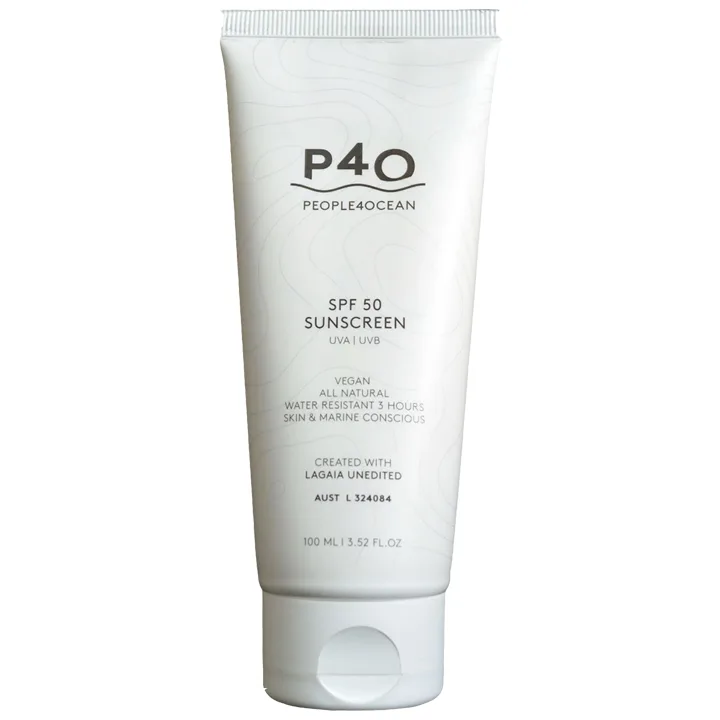
P4O SPF50+ Sunscreen Vegan, $29.95 at people4ocean.com
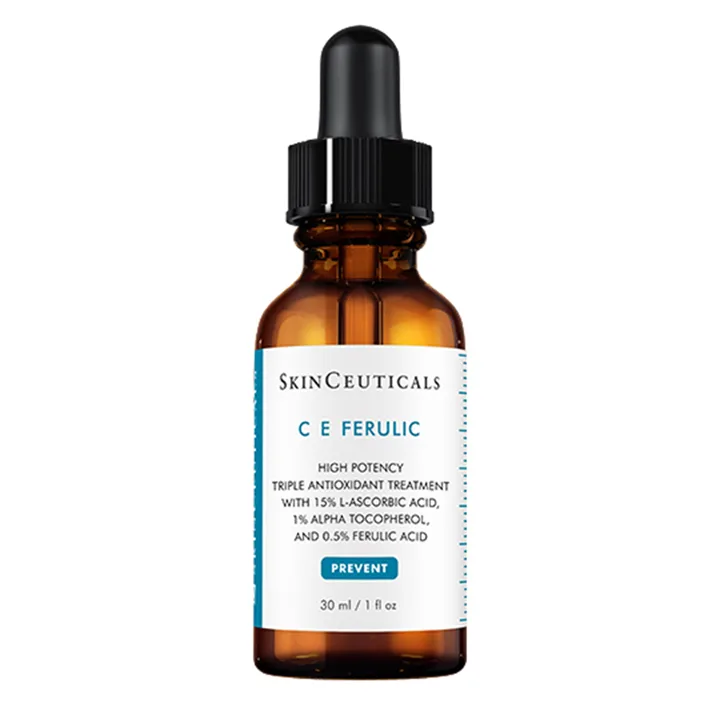
SkinCeuticals C E Ferulic, $218 at Adore Beauty
If your skin is prone to dryness, she also recommends incorporating hyaluronic acid and products containing ceramides into your routine, “to help with skin barrier support, minimise TEWL and hence assist with skin hydration.”
“To stimulate collagen synthesis and skin repair, a product with topical retinols, peptides or growth factors at night may be beneficial.”
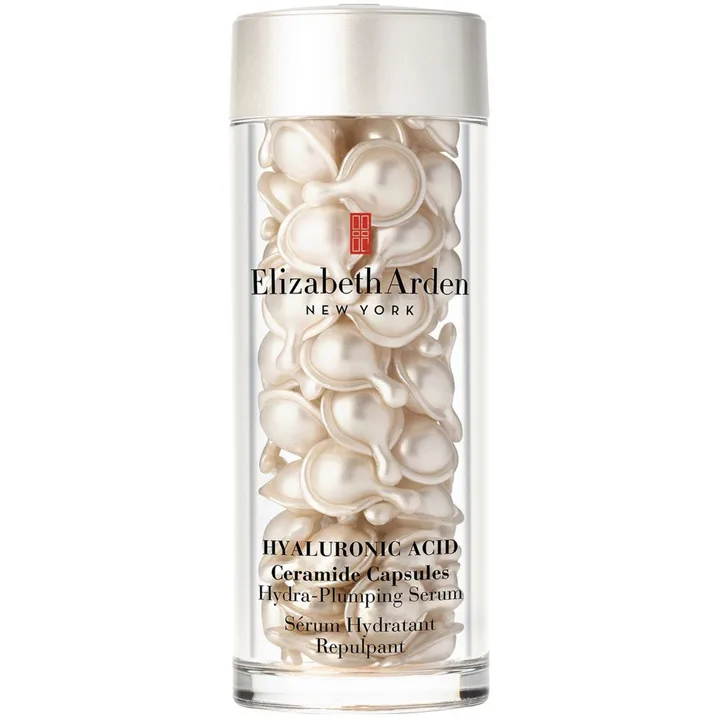
Elizabeth Arden Hyaluronic Acid Ceramide Capsules Hydra-Plumping Serum, $79-$150 at Myer
Of course, all of the above must be paired with a healthy lifestyle to truly benefit. “Ultimately getting the basics right are key; eating a good diet, regular exercise, good sleep, social connection and doing things that bring you joy,” confirms Dr Smith.
“It is remarkable seeing the difference in a patient’s skin when a key stressor in their life disappears.”



